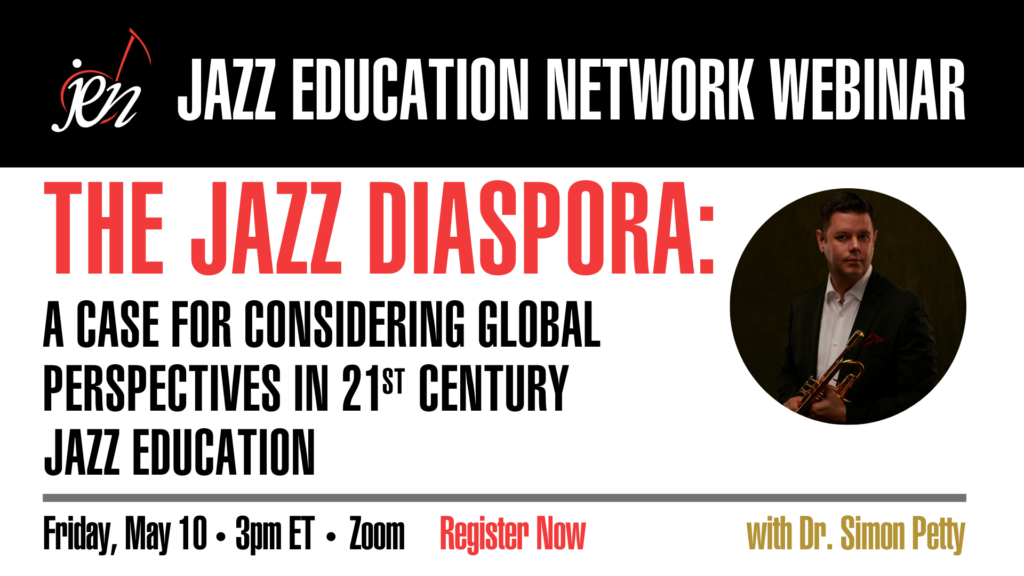The globalization of recordings in the early twentieth century in America resulted in the internationalization of jazz. For many, these recordings were the first exposure to the music outside the US, and thus, the main reason that jazz was then circulated internationally. The character of jazz outside the US had no option but to be shaped by the diasporic process itself. This was even more prevalent in Australia where recording imports were further limited. Drawing on primary source ethnomusicological research, the first half of this presentation will examine the claim for how the diasporic process influenced not only the development of jazz, but also the understanding and its interpretation in Australia. As Graeme Bell was central to the development of the early Australian jazz style, which received international recognition through performances at the 1947 World Youth Festival in Prague, Bell will be presented as an instructive case study for the Australian jazz style. Further, current research into the diasporic process of jazz has revealed a subset of Australian jazz decontextualization, specifically in the case of Tasmania. Tasmania’s isolation from mainland Australia resulted in a distinctive jazz style that differed from other Australian sites of jazz production. This results in an intranational proto-jazz diaspora which offers an even more inclusive narrative to jazz in regional locales. Drawing on these examples, the second half of this presentation will include a rationale for the re-examining of existing jazz education globally to include the study of diasporic jazz within jazz education methodologies.
Plus a Q & A with the live audience.
A presentation from the Jazz Education Research and Practice Journal, a publication of the Jazz Education Network.
REGISTER NOW
This event begins in:
This event will begin streaming below then the clock above reaches 00:00:00.
ABOUT DR. SIMON PETTY
Dr Simon Petty holds an international reputation as a musician, educator, and researcher, contributing regularly to the field of music and education through conferences, publications, clinics, and adjudications. He is the Music Education Lecturer at Griffith University, and the Pre-Tertiary Jazz Studies Coordinator for the Open Conservatorium, Griffith University.

